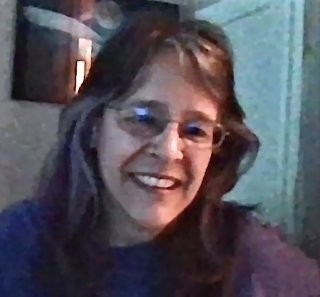(Be sure to check news items at the page bottom below.)
When autistic people try hard to hide their autism that is called masking. Over time, masking can make some autistic people very unhappy. On August 21 AASCEND presents Lisa Morgan, in conversation with AASCEND co-chair Gregory Yates—in an informal discussion of masking and camouflaging in autism. The program will address questions like the following—and we are very interested in your thoughts and experiences about them: Is it difficult for you to talk to neurotypical people? Does hiding difficulty make it better or worse for you? What are your strategies for masking—and your strategies for unmasking? Masking and camouflaging are sometimes thought to prevent proper diagnosis of autism, particularly in girls and women. What is your experience?
The Zoom meeting URL and password will be sent to people on our email list as the date approaches. If you are not on our email list, click here to sign up. No registration is necessary.

Lisa Morgan is founder and co-chair of the Autism and Suicide committee of the American Association of Suicidology (AAS). An autistic adult with lived experience in suicide loss and attempt, Lisa advocates for autism friendly resources in suicide prevention. Lisa has a master’s degree in the Art of Teaching, which she uses to develop new resources, present workshops, and speak at conferences.
As usual at AASCEND meetings, attendees on the autism spectrum will offer their experience and perspectives throughout the program.
Who: Adults on the autism spectrum, families, mentors and professionals all welcome. For more information, please contact: info@aascend.org
When: Sat August 21, 10am – 11am (approx.)
Where: Online via Zoom. URL and password will be emailed.
Autistic testimonies are being collected for a planned book on autistic youth and young adult inclusion in all aspects of society, with emphasis on the intersection of disability and race. Book topics will include the educational, racial, social and emotional inclusion of autistic youths—including encounters with police. Click here if you are interested in sharing your experience. The privacy policy is given at the link as well. Respondents do NOT have to be a person of color. Address any questions to info@detester.org
